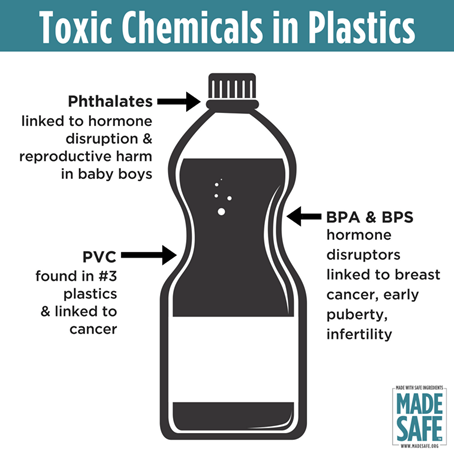Single-use plastic to be banned in India from July 1
Context
The Centre has banned the use of ‘single-use plastic’ from July 1.
Background
- The Ministry for Environment, Forest and Climate Change had issued a gazette notification last year announcing the ban.
- It has now defined a list of items that will be banned from July 1.
What are ‘single-use plastics’?
- Single-use plastics are those plastic products that have a one-time use before they are thrown away.
- Often these kinds of plastic are not disposed of properly, therefore not recycled.
Plastics
|
What items would be banned?
- Less than 100 microns: Single-use plastic items -- plastic sticks used in balloons, flags, candy, ice-cream and earbuds, thermocol used in decoration, items such as plates, cups, glasses and cutlery, wrapping and packing films used in sweet boxes, invitation cards, cigarette packets, stirrers and plastic banners less than 100 microns in thickness -- are banned from July 1.
- Less than 120 microns: Plastic bags of thickness less than 120 microns will also be phased out from December 31.
Reason behind the ban
- Plastic waste is one of the biggest contributors to pollution in the country. More than 34 lakh tonnes of plastic waste was generated in 2019-20 and 30.59 lakh tonnes in 2018-19 in India, according to data from the Centre.
- Plastic does not decompose, and as a result, it remains in the same landfills that they have been buried in for millennia to come.
- At the same time, plastic cannot be burned as it releases toxic fumes and harmful gases during the process.



